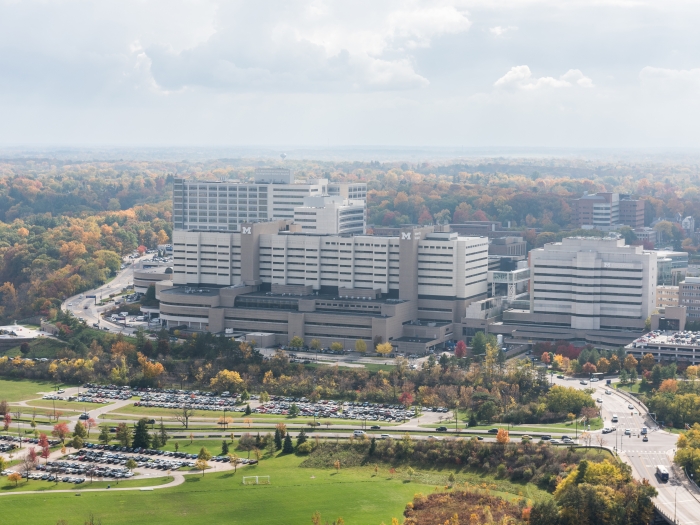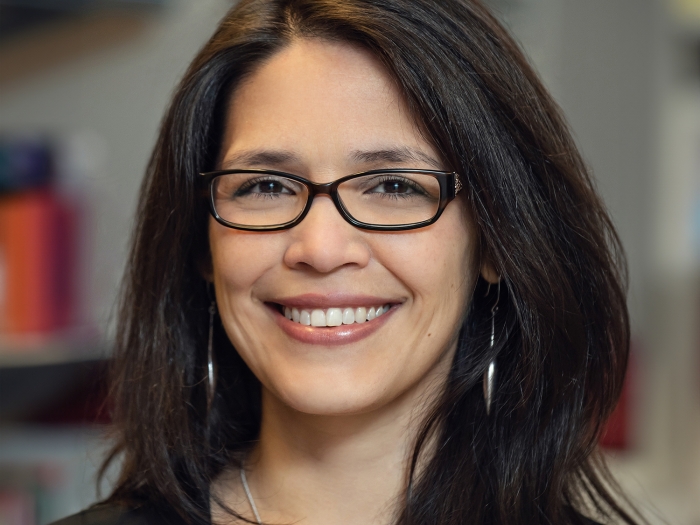I have finally realized that there are actually only two weeks left of the M1 year left. Infectious Diseases ended last week, which I loved. But Infectious Diseases was also a whirlwind of microbio, clinical correlates, and pharmacology. After studying intensely for five weeks, it is over. Now we are in embryology, which is much more laid back, although not as clinically interesting. Pretty much simultaneously, the weather became beautiful. Everyone wants to do anything but study. This week I've been on three outdoor runs and been to Dominick's three time. For those of you (like myself) who are not from Ann Arbor, Dominick's is a restaurant/bar that has mostly outdoor seating and specializes in Sangria. I've learned to keep my sunscreen on me at all times.
I live in a house a bit removed from the "white coat area" with my boyfriend. We have a large front and back yard, and we've begun to start using our fire pit regularly. We just planted tomatoes and the lilacs in our backyard are blooming. Lilacs are my favorite flower and I've including a picture for you here: Lilacs
More shocking than my realization that we only have two weeks left of class is my realization that I only have three weeks before I leave for Quito, Ecuador. I'm extremely excited to leave, but also worried about my research and my Spanish. I'll be working with another medical student, so I will have support while I'm there; but the work itself will be challenging. I will be assessing depression among breast and cervical cancer patients in Quito. Treating cancer patients for depression has become standard of care in the United States and many other resource wealthy countries, but it has not become common in countries such as Ecuador, where there are limited mental health providers. I'm certain that I will have to push myself through some difficult days, but I'm mostly certain that I will learn a lot from the opportunity--arguably what I learn this summer will be more important to my development as a medical student than what I have learned so far in M1 year.
Okay, time to study Embryology! Thanks for reading!

Department of Communication at Michigan Medicine
Want top health & research news weekly? Sign up for Health Lab’s newsletters today!





